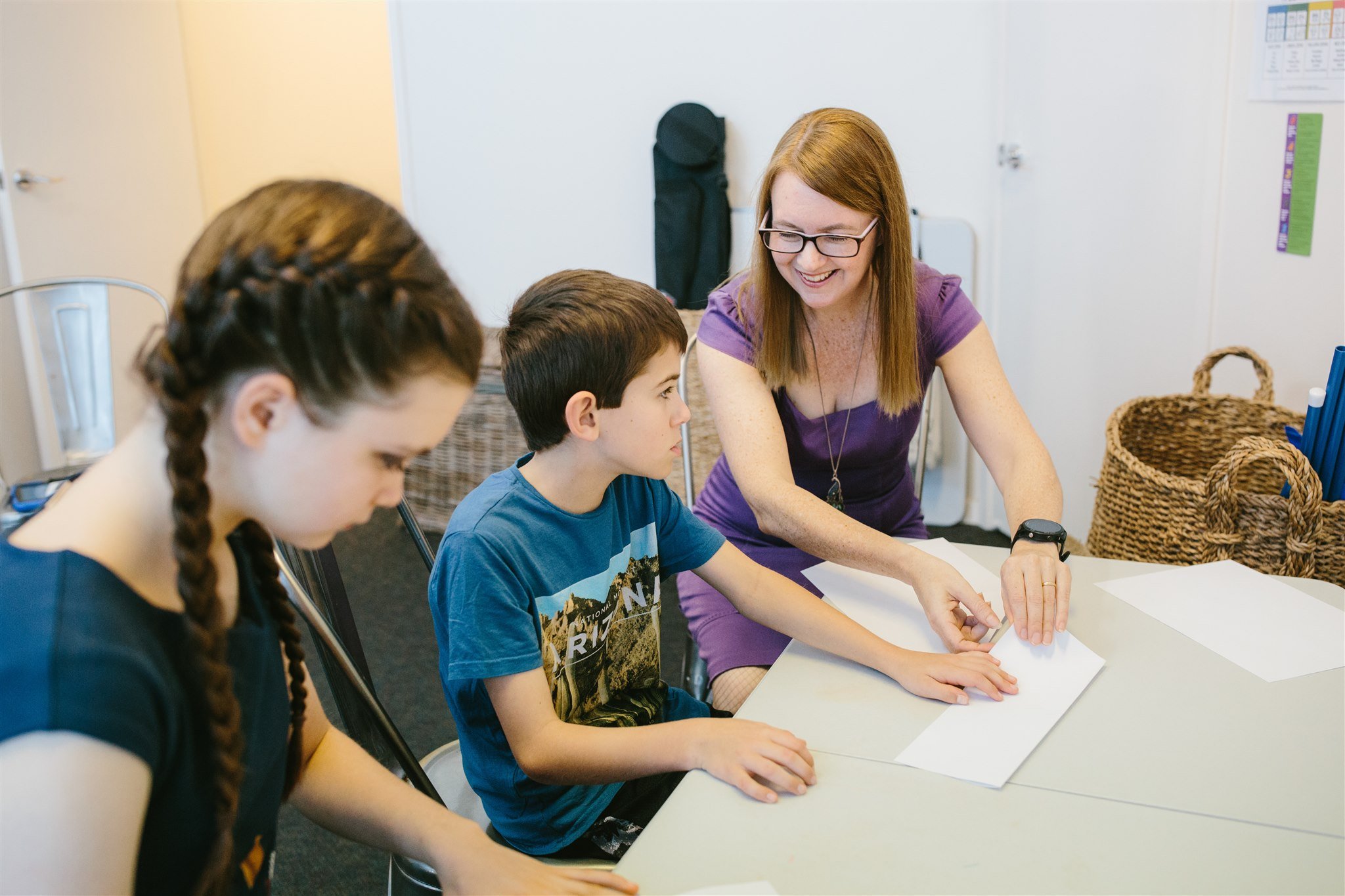What are some ways for parents to influence accommodations provided by schools to children with autism in Australia?
Influencing accommodations provided by schools to children with autism in Australia requires effective advocacy and collaboration between parents and educators. Here are some strategies to consider:
- Understand your child’s needs: Develop a comprehensive understanding of your child’s strengths, challenges, and individual needs. This will help you identify the specific accommodations and supports that will benefit your child in the educational setting.
- Build a collaborative relationship with the school: Foster open and regular communication with your child’s teachers, special education coordinators, and other school staff. Establish a collaborative partnership to ensure a shared understanding of your child’s accommodations and their effectiveness.
- Communicate your child’s needs: Clearly and effectively communicate your child’s needs to the school staff. Provide relevant documentation, such as medical reports, assessments, or professional recommendations, to support your requests for accommodations.
- Participate in the Individual Education Plan (IEP) process: Actively engage in the development and review of your child’s IEP. Work collaboratively with the school team to identify and document the necessary accommodations and supports. Ensure that the accommodations address your child’s specific needs and facilitate their participation in the classroom.
- Stay informed about available accommodations: Educate yourself about the accommodations and supports available in the Australian education system. Familiarise yourself with the resources and guidelines provided by educational authorities at the federal, state, and territory levels. This will help you advocate for appropriate accommodations for your child.
- Advocate for necessary accommodations: Advocate for the accommodations your child requires to access and participate in education on an equal basis with their peers. Clearly communicate the rationale for each accommodation and how it will support your child’s learning and development.
- Monitor and evaluate the effectiveness of accommodations: Regularly assess the effectiveness of the accommodations provided to your child. Observe your child’s progress, communicate with teachers, and review their work to ensure that the accommodations are meeting their needs. If adjustments are needed, communicate with the school and collaborate on finding alternative or additional accommodations.
- Seek professional opinions and recommendations: Consult professionals, such as psychologists, therapists, or educational consultants who have particular interest in autism, for assessments, recommendations, and guidance on appropriate accommodations. Their expertise can support your advocacy efforts and provide valuable insights.
- Understand your rights and available support: Familiarise yourself with the disability rights and support systems in Australia, including the Disability Standards for Education and the National Disability Insurance Scheme (NDIS). Know your child’s entitlements and access available resources to support their accommodations.
- Seek support from advocacy organisations: Connect with autism advocacy organisations and support groups in your area. These organisations can provide information, resources, and guidance on advocating for accommodations, navigating the educational system, and connecting with other parents facing similar challenges.
Remember, collaboration and open communication with the school are crucial in influencing accommodations for your child with autism. By advocating for appropriate accommodations, monitoring their effectiveness, and seeking support from professionals and advocacy organisations, parents can ensure that their child receives the necessary support to thrive in the educational environment.
Leanne Hopkins is an Occupational Therapist at Succeed Healthcare Solutions and is passionate about creating a world where families thrive. If you are a parent or carer who would like guidance with your child’s educational journey, please contact us and arrange a free 15-minute Discovery Interview to see how we can assist.

